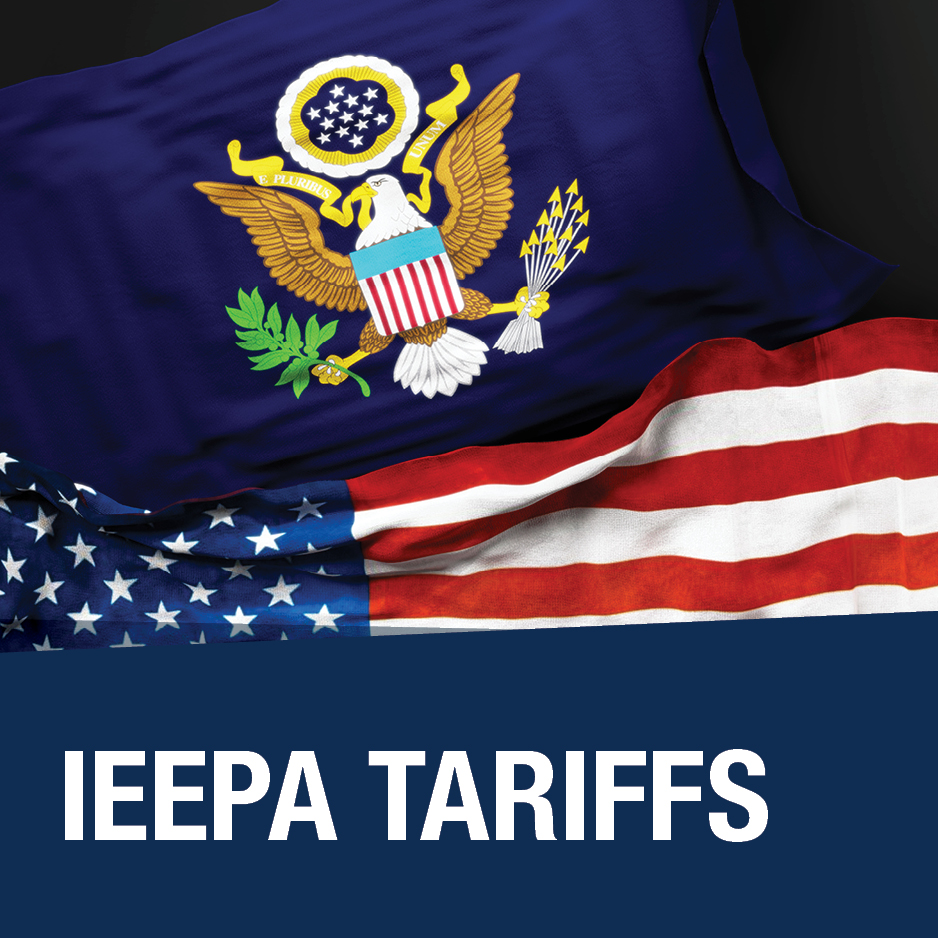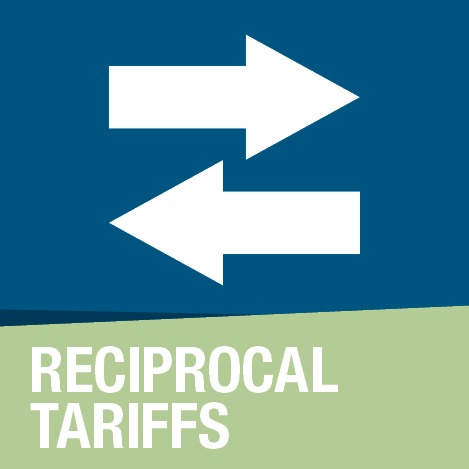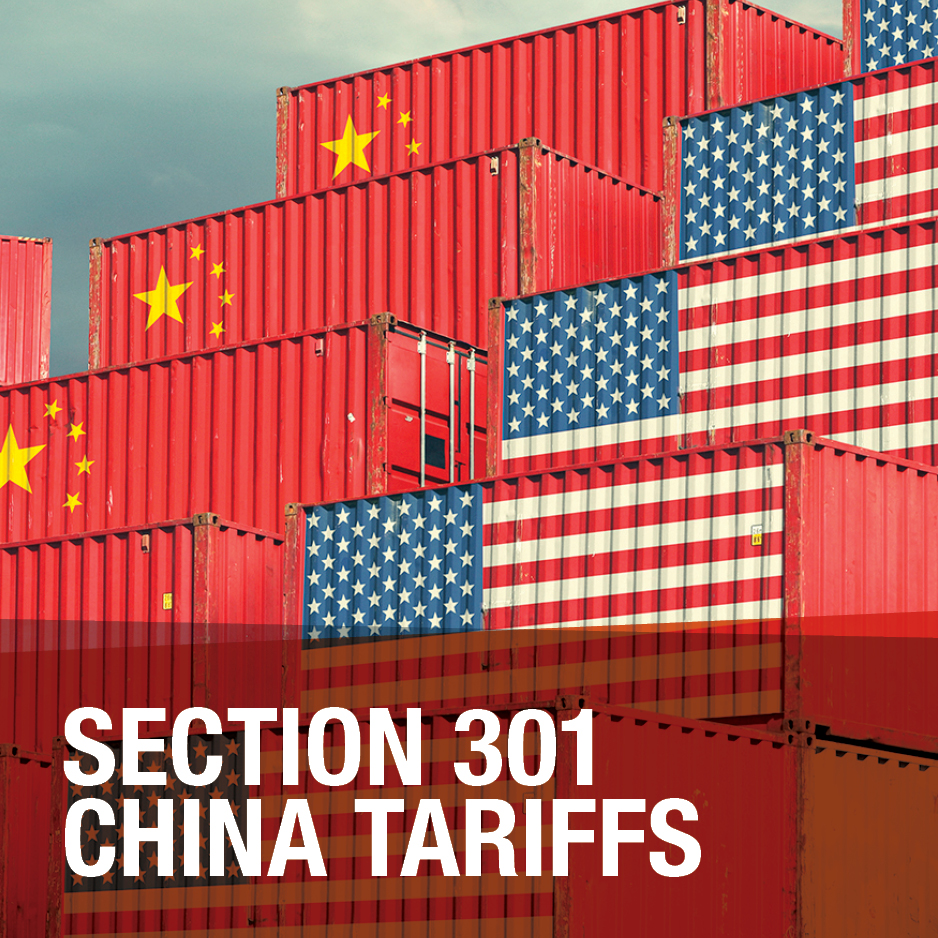
Tariffs and Trade
Tariffs & Trade Impacting the Automotive Aftermarket Latest News
The Auto Care Association is actively monitoring this evolving situation and will provide updates as new information emerges. Check this page regularly for the latest developments.
Member-only Resource
Auto Care Tariff Calculator
Use our tariff calculator to help you identify which recent U.S. tariffs may apply cumulatively to your products.
See CalculatorHas your business been impacted by Tariffs?
We welcome your feedback to help us better understand and assess the impact of these tariffs on our industry and businesses. Please share with us by contacting Angela Chiang, director, international affairs, at angela.chiang@autocare.org.
Share Your Impact StoryCurrent Status
On March 26, 2025, President Trump issued a proclamation imposing a 25% tariff on imports of automobiles (effective April 3, 2025) and certain automobile parts (tentatively effective May 3, 2025).
Current Status
Effective March 7, 2025, imports from Canada and Mexico that meet USMCA rules of origin are exempt from the additional IEEPA duties. Imports that do not satisfy USMCA rules of origin are subject to a 25% tariff rate. Energy products from Canada and potash from Mexico and Canada are subject to a reduced tariff rate of 10%.
Effective March 4, 2025, imports from China are subject to a 20% tariff rate, an increase from a 10% tariff rate that went into effect on Feb. 4, 2025.
Note that many products imported from Canada and Mexico were already duty-free under MFN rates, making USMCA declarations unnecessary. Under the new policy, importers must document and ensure USMCA compliance (if eligible) to be exempt from the IEEPA tariffs. Otherwise, the 25% IEEPA tariff would apply.
Current Status
On April 1, 2025, President Trump issued an Executive Order under the International Emergency Economic Powers Act (IEEPA) to establish a 10% baseline tariff and country-specific reciprocal tariffs on imported goods.
On April 9, 2025, President Trump issued an order delaying the country-specific reciprocal tariffs effective April 10, 2025. The country-specific reciprocal tariffs originally went into effect on April 9, 2025 and will be suspended for 90-days, after which the country-specific rates in Annex I will apply.
The baseline 10% tariff remains in effect for all products from all countries during this time, except for products that are covered by the exemptions listed in the original order (see below).
However, the 90-day pause does not apply to China due to their retaliatory tariffs on U.S.-origin goods. China's reciprocal tariff rate has increased from the original 34% to 84% and now to 125%. This applies to goods entered for consumption, or withdrawn from warehouse for consumption, on or after 12:01 a.m. EDT on April 10, 2025.
Current Status
As of March 12, 2025, the expanded Section 232 tariffs on steel and aluminum are now in effect. All imports of steel and aluminum are subject to a 25% tariff, and previous country exemptions and tariff-rate quotas have been eliminated.
The tariffs also apply to certain derivative products based on the steel and aluminum content. The product exclusion process has been terminated, meaning previously approved exclusions are no longer valid.
Current Status
The Section 301 China tariffs implemented in 2018-2019 remain in effect, with most tariff rates unchanged since their initial implementation. While some product exclusions have been extended, the majority have expired, except for a limited set scheduled to expire on May 31, 2025.
Additionally, a new 20% tariff on imports from China was imposed under IEEPA, taking effect on Mar. 4, 2025.
USTR Launches Section 301 Investigation into Brazil's Trade Practices
On July 15, 2025, the Office of the U.S. Trade Representative (USTR) announced the initiation of a Section 301 investigation into Brazil’s trade practices, citing a broad range of policies that USTR says unfairly disadvantage U.S. companies.
Relevant Documents
According to USTR, the investigation will focus on several areas, including:
- Digital trade and electronic payment services: Brazil may undermine the competitiveness of U.S. companies engaged in these sectors, for example, by retaliating against them for failing to censor political speech or restricting their ability to provide services in the country;
- Unfair, preferential tariffs: Brazil accords lower, preferential tariff rates to the exports of certain globally competitive trade partners, thereby disadvantaging U.S. exports;
- Anti-corruption enforcement: Brazil’s failure to enforce anti-corruption and transparency measures raises concerns in relation to norms relating to fighting bribery and corruption;
- Intellectual property protection: Brazil apparently denies adequate and effective protection and enforcement of intellectual property rights, harming American workers whose livelihoods are tied to America’s innovation- and creativity-driven sectors;
- Ethanol: Brazil has walked away from its willingness to provide virtually duty-free treatment for U.S. ethanol and instead now applies a substantially higher tariff on U.S. ethanol exports;
- Illegal deforestation: Brazil appears to be failing to effectively enforce laws and regulations designed to stop illegal deforestation, thereby undermining the competitiveness of U.S. producers of timber and agricultural products.
According to the Federal Register notice, Brazil’s preferential tariff agreements with countries like Mexico and India are creating a disadvantage across multiple U.S. sectors, including agricultural products, motor vehicles and parts, minerals, chemicals, and machinery. Nearly all of Brazil’s imports of motor vehicles and parts from Mexico entered duty-free in 2023, while similar U.S. goods were subject to MFN tariffs ranging from 14% to 35%.
USTR contends that this differential treatment provides Mexican and Indian exporters with a competitive edge in the Brazilian market. “When Brazil applies lower tariffs on goods of other large and competitive economies, while continuing to subject U.S. goods to its high MFN rates, U.S. exports are denied a level playing field in Brazil’s market,” the USTR notice states. “This can suppress U.S. exports and economic output, with negative consequences for employment and domestic production.”
Request for Public Comments
USTR is inviting public comments and stakeholder input as part of the investigation. Written submissions may address any issue covered by the investigation, as well as broader concerns related to U.S.-Brazil trade.
Written comments and requests to testify are due by 11:50 p.m. EDT on Aug. 18, 2025. A public hearing is scheduled for Sept. 3, 2025, at 10 a.m. in Washington, D.C.
Comments may be submitted via the USTR online portal: https://comments.ustr.gov/s/
Please reach out to us if you have any comments you would like to share.
Depending on the outcome of the investigation, USTR could consider a range of actions, including negotiations with Brazil or the imposition of trade remedies.
Latest News
 On Your Behalf
On Your Behalf Press Release
Auto Care Association Submits Comments, Economic Study to USTR, Warns Proposed Shipbuilding Remedies Will Harm American Consumers, Businesses
 On Your Behalf
On Your Behalf Auto Care Association Joins Coalition Letter in Opposition of USTR's Shipping Remedies Proposal








Leave a comment